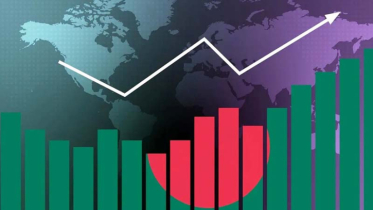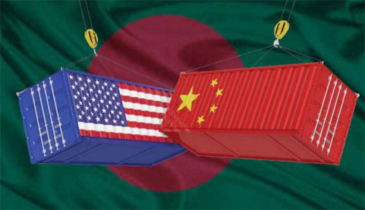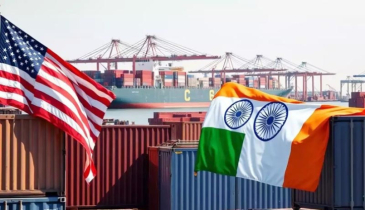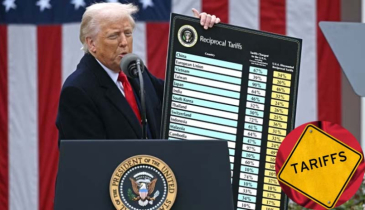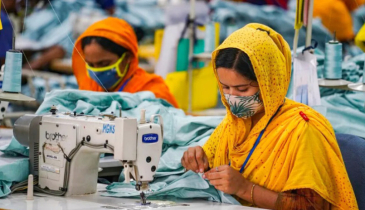World Bank warns global economy at risk of recession in 2023
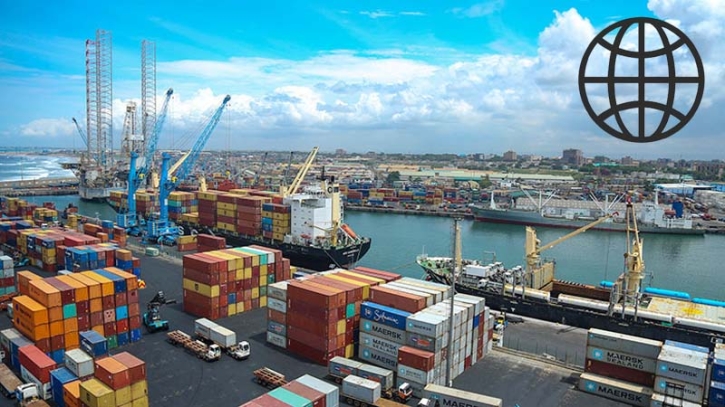
The World Bank slashed its outlook for worldwide economic growth this year, and warned that it would not take much to tip the global economy into a recession.
The World Bank now projects global gross domestic product (GDP) will increase 1.7 percent, down from its earlier estimate of 3 percent. It also reduced its guidance for 2024 to a gain of 2.7 percent. In its previous Global Economic Prospects report in June 2022, the world bank had forecast 2023 global growth at 3.0 percent.
It forecast global economic growth in 2024 to pick up to 2.7%- below the 2.9 percent estimate for 2022- and said average growth for the 2020-2024 period would be under 2%-the slowest five-year pace since 1960.
The world bank said major slowdowns in advanced economies, including sharp cuts to its forecast to 0.5 percent for both the United States and the euro zone, could foreshadow a new international recession less than three years after the last one.
'Given fragile economic conditions, any new adverse development-such as higher-than-expected inflation, abrupt rises in interest rates to contain it, a resurgence of the coronavirus pandemic pandemic or escalating geopolitical tensions-could push the global economy into recession,' the world bank said in a statement accompanying the report.
'Weakness in growth and business investment will compound the already devastating reversals in education, health, poverty and infrastructure and the increasing demands from climate change,' World Bank President David Malpass said in a statement.
China's growth in 2022 slumped to 2.7 percent, its second slowest pace since the mid-1970s after 2020, as zero-Covid restrictions, property market turmoil and drought hit consumption, production and investment, the World Bank report said. It predicted a rebound to 4.3 percent for 2023, but that is 0.9 percentage-point below the June forecast due to the severity of Covid disruptions and weakening external demand.
The world bank called for increased support from the international community to help low-income countries deal with food and energy shocks, people displaced by conflicts, and a growing risk of debt crises.
.png)


